Stone crushers are the backbone of aggregate production, but they aren't always the right tool for the job. Whether you are dealing with strict noise regulations, limited space, or hard bedrock that requires initial reduction before processing, relying solely on a mechanical crusher isn't always feasible. For construction site managers and contractors, knowing your options for rock breaking and demolition is crucial for keeping projects on budget and on schedule. In this guide, we explore the most effective alternatives to stone crushers, ranging from heavy-duty mechanical attachments to silent chemical solutions.
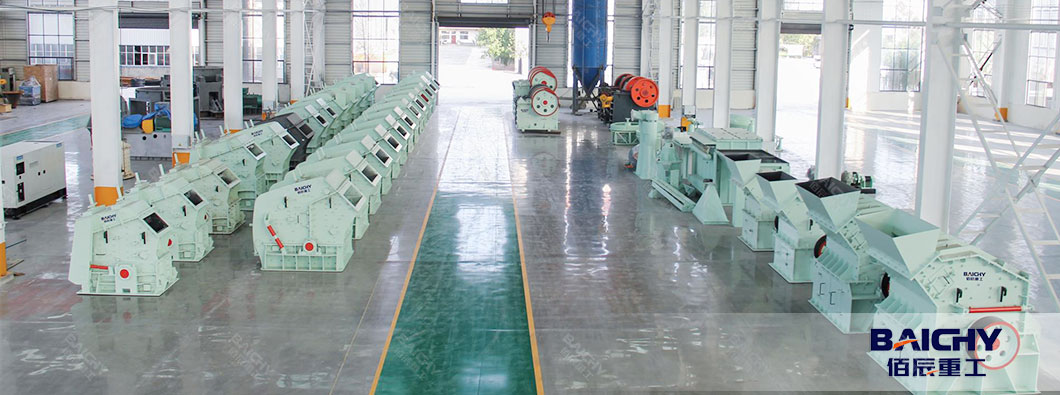
1.Hydraulic Breakers: The Heavy-Duty Standard
When mechanical crushing plants are too cumbersome or the rock is too large to feed, hydraulic breakers are the industry standard for primary excavation and demolition. Attached to excavators, these powerful hammers deliver high-impact blows to fracture rock and concrete. They are ideal for breaking down oversized boulders in quarries or excavating trenches where blasting isn't an option. While they generate noise and vibration, their speed and adaptability make them a go-to choice for contractors.
- Attaches easily to standard excavators.
- High efficiency for hard rock and reinforced concrete.
- Ideal for primary reduction of oversized material.
2.Chemical Demolition: The Silent Solution
For projects located in urban areas or near sensitive structures, noise and vibration are major liabilities. This is where chemical demolition shines. By using a non-explosive expansive mortar, contractors can break rock silently and safely. The process involves drilling holes into the rock or concrete, mixing the chemical powder with water, and pouring it into the holes. Over several hours, the mortar expands with tremendous force (up to 20,000 PSI), cracking the material from the inside out without flying debris or dust.
- Zero noise, vibration, or flyrock.
- No special heavy machinery or licenses required.
- Perfect for residential areas or confined spaces.
3.Hydraulic Rock Splitters: Precision Power
A hydraulic rock splitter offers a middle ground between the brute force of a breaker and the slowness of chemicals. This method uses a handheld or machine-mounted wedge system inserted into pre-drilled holes. Hydraulic pressure pushes wedges outward, splitting the rock along its natural grain. It is significantly quieter than hydraulic breakers and faster than chemical agents. This tool is particularly useful for controlled demolition where you need to remove rock without damaging surrounding foundations.
- Controlled splitting direction.
- Low noise and dust levels.
- Effective on concrete foundations and hard bedrock.
4.Controlled Blasting: Speed for Large Volumes
While often subject to strict regulations, controlled blasting remains the most efficient alternative for moving massive volumes of rock quickly. Unlike the mechanical grinding of a stone crusher, blasting uses explosives to fracture bedrock instantly. Modern techniques allow for high precision, minimizing vibration and noise transfer. However, this method requires specialized permits, licensed blasters, and significant safety perimeters, making it suitable only for large-scale quarrying or highway construction projects.
- Most cost-effective for massive rock volumes.
- Requires strict safety protocols and permits.
- Instant results compared to mechanical methods.
5.Diamond Wire Sawing: Surgical Precision
When the goal is not just to break rock but to cut it with exact dimensions, diamond wire sawing is the superior alternative. This method utilizes a beaded diamond wire threaded through pulleys to cut through thick concrete or hard stone. It is essentially a friction cutting method that uses water for cooling. While slower than crushing or breaking, it provides smooth faces and is indispensable for bridge removal or dimensional stone quarrying where preserving the integrity of the remaining structure is vital.
- Cuts through heavily reinforced concrete.
- Vibration-free operation.
- Unlimited cutting depth with the right setup.
Conclusion
Choosing the right alternative to stone crushers depends entirely on your project's constraints. If speed and volume are the priority, hydraulic breakers or controlled blasting are your best bets. However, for sensitive environments requiring silence and safety, expansive mortar and hydraulic rock splitters offer efficient, low-impact solutions. By understanding the specific strengths of these tools, site managers can optimize their operations and overcome even the hardest geological challenges.
People Also Frequestly Asked For - FAQs
1.What is the quietest alternative to a stone crusher?
The quietest method is chemical demolition using expansive mortar. It works silently by expanding inside drilled holes to crack the rock without machinery noise.
2.Are hydraulic rock splitters faster than chemical demolition?
Yes, hydraulic rock splitters are generally faster. While chemical agents require several hours to cure and expand, a hydraulic splitter can crack rock in a matter of minutes once the holes are drilled.
3.Can hydraulic breakers replace a stone crusher completely?
Not exactly. Hydraulic breakers are excellent for reducing large rocks into smaller, manageable pieces, but they do not produce uniform aggregate like a stone crusher does. They are typically used for the initial breaking stage.





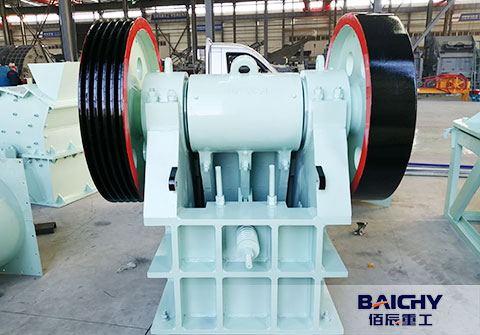
 2026-01-06
2026-01-06
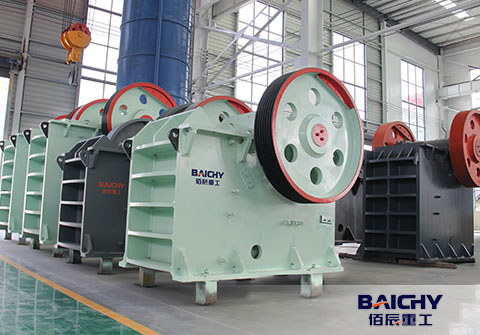
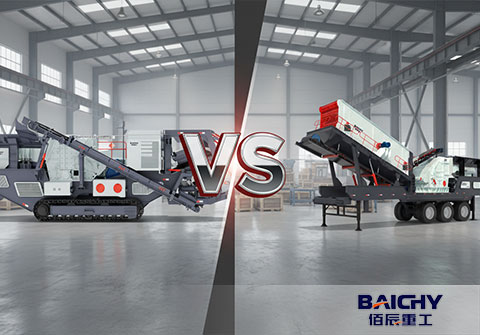
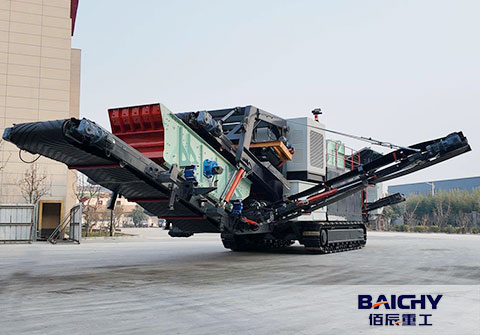
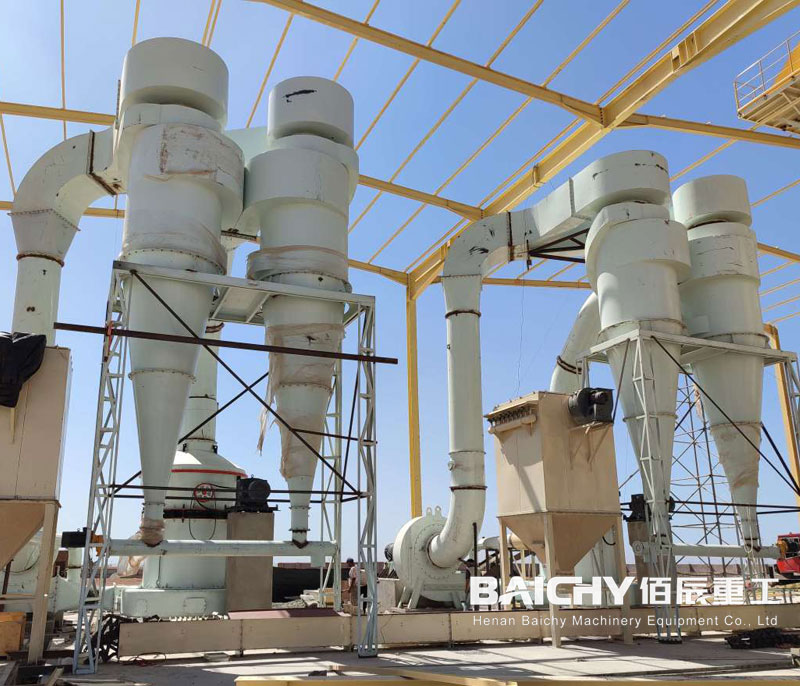
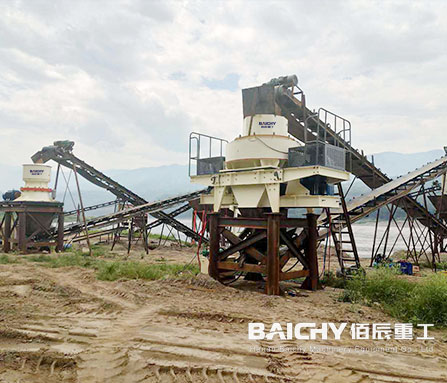
















 86-15093113821
86-15093113821
 86-15093113821
86-15093113821

